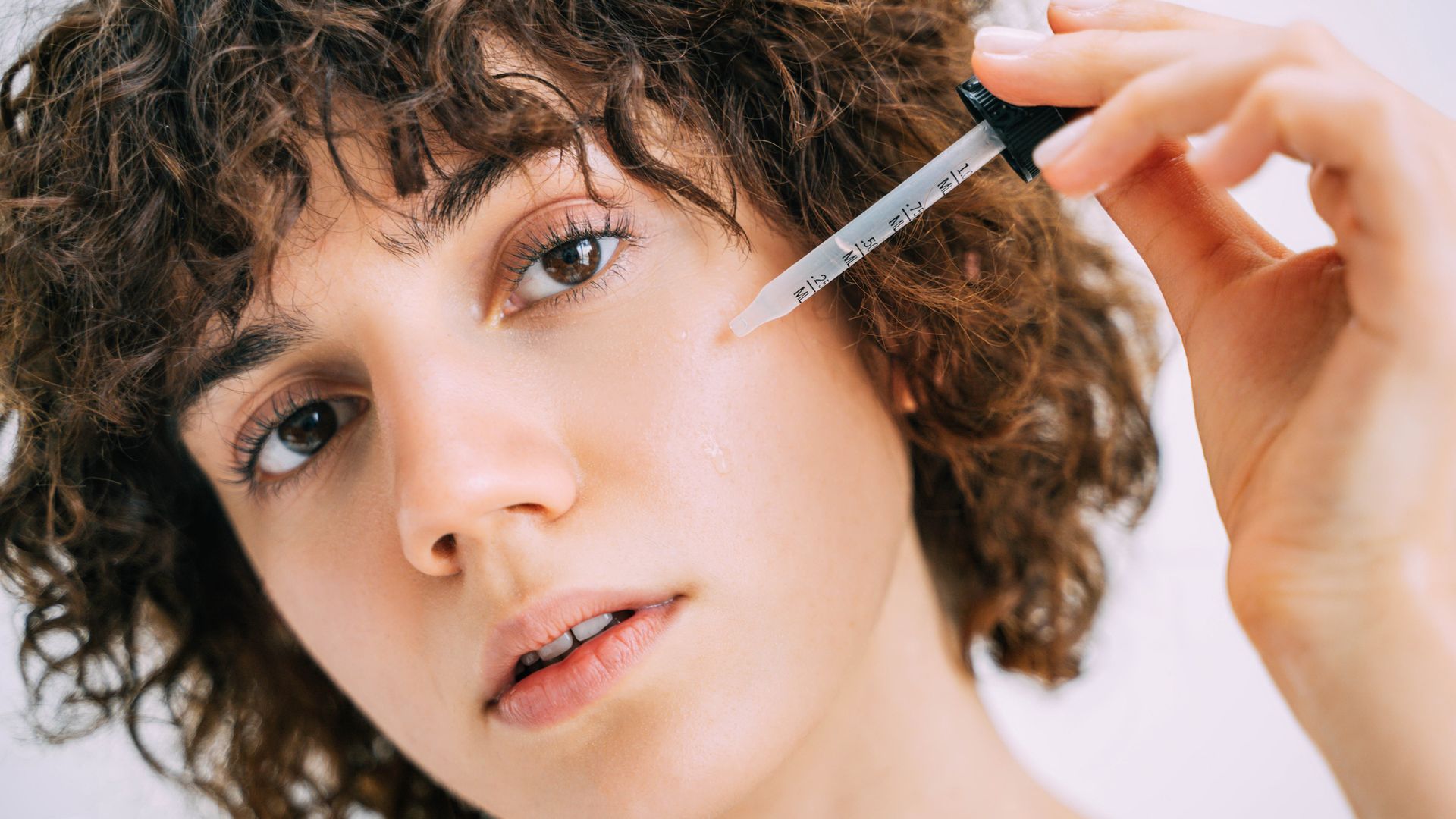Dermatologists Call This Ingredient 'Safe' for Summer Use

Understanding Retinol: The Skincare Overachiever
Retinol has earned its place as a standout ingredient in the skincare world. Known for its ability to address multiple concerns, it helps fade pigmentation, boost skin renewal, and support collagen production while also tackling blemishes. As a derivative of vitamin A, retinol is often considered the gold standard in anti-aging skincare. Experts frequently highlight its clinical effectiveness, delivering results that can make a noticeable difference without the need for makeup.
Despite its benefits, there's a common misconception that retinol should be avoided during the summer months. This belief is part of a broader set of myths surrounding retinoids, which many people still hold onto. However, dermatologists emphasize that this is not the case at all. In fact, retinol can be used throughout the year, including during the warmer months, as long as proper sun protection is maintained.
Debunking the Summer Myth
Dr. Sam Bunting, founder of Dr Sam Bunting + Associates and her eponymous skincare brand, explains that using retinol in the summer is entirely safe. "It's one of many retinoid myths, that you can't use this ingredient in the hotter months," she says. She emphasizes the importance of being diligent with sunscreen, which remains crucial when incorporating retinol into your routine.
How to Use Retinol in Summer
While retinol is a powerful ingredient, it requires careful handling to avoid irritation. Dr. Anjali Mahto, consultant dermatologist and founder of Self London, advises starting slowly. "The golden rule is to start slowly and build tolerance. Begin with a low concentration [0.1% to 0.3%] and use it only twice a week, gradually increasing the frequency as your skin adapts."
She also recommends looking for products that include hydrating and soothing ingredients like hyaluronic acid, niacinamide, or ceramides. These can help counteract potential dryness, especially if you have sensitive skin. For those who are new to retinol, opting for a gentle, encapsulated version may be more suitable.
Application Tips for Maximum Effectiveness
When applying retinol, less is often more. Dr. Bunting suggests using no more than a pea-sized amount and applying it using the 13 Dot Technique. This method ensures even distribution and minimizes the risk of irritation in sensitive areas such as around the eyes, nose, lips, and neck.
Even experienced users may find that applying retinol full strength on freshly cleansed skin is too intense on certain days. In these cases, applying moisturizer first as a buffer can be a helpful strategy.
Nighttime Application is Key
Timing plays an important role in how effectively retinol works. Dr. Mahto notes that retinol is best applied at night because it breaks down in sunlight and can increase sensitivity to UV damage. Using it in the evening allows the ingredient to work optimally without interference from external elements.
Choosing the Right Retinol Product
Sarah Chapman, skin expert and founder of Skinesis, highlights the importance of balance and intelligent formulation when selecting a retinol product. "It's not about the highest percentage in a formula, as this can cause irritation and a disrupted skin barrier," she explains. Instead, she emphasizes the value of well-formulated products that use advanced delivery systems to ensure retinol reaches deeper layers of the skin without being broken down prematurely.
These formulations allow for lower concentrations to achieve similar or better results while maintaining the health of the skin barrier. Sarah also points out that combining retinoids with ceramides and peptide growth factors can enhance their effectiveness by supporting the skin barrier and boosting natural retinoic acid.
Summer Retinol Rules
Sunscreen remains a critical component of any retinol routine, especially during the summer. Dr. Bunting advises using a broad-spectrum SPF and applying it in the correct quantity—half a teaspoon for the face and neck. It should be reapplied every two hours, and wearing a hat along with avoiding direct sunlight between 11 am and 3 pm is recommended.
Anjali adds that retinol increases sensitivity to the sun, so it's wise to avoid using it on days with intense exposure, such as beach trips. If your skin is well-adapted to retinol, there's no need to adjust the concentration, but always ensure you don’t skip sunscreen (SPF 50) and consider adding antioxidants like vitamin C to your morning routine for added UV protection.
For beginners, avoiding prolonged sun exposure can help protect the skin while building tolerance. If managing dryness or irritation becomes challenging, reducing the frequency of use, switching to a lower-strength formula, or taking a break until autumn may be necessary.
Post a Comment for "Dermatologists Call This Ingredient 'Safe' for Summer Use"
Post a Comment